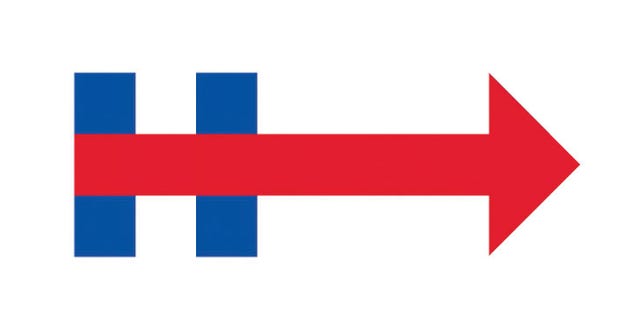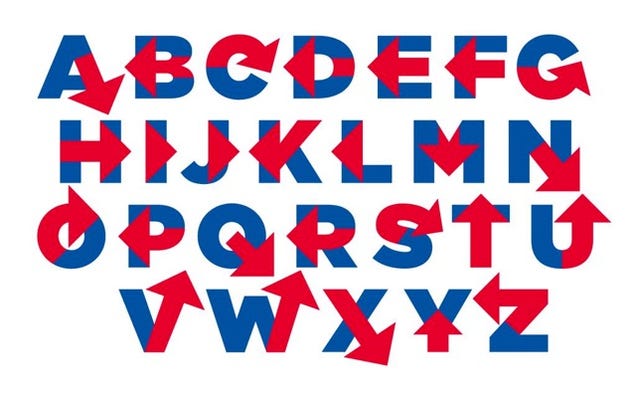For the past two weeks, Reason, a magazine dedicated to "Free Minds and Free Markets," has been barred by an order from the U.S. District Court for the Southern District of New York from speaking publicly about a grand jury subpoena that court sent to Reason.com.
The subpoena demanded the records of six people who left hyperbolic comments at the website about the federal judge who oversaw the controversial conviction of Silk Road founder Ross Ulbricht. Shortly after the subpoena was issued, the government issued a gag order prohibiting Reason not only from discussing the matter but even acknowledging the existence of the subpoena or the gag order itself.
...
On May 31, Nick Gillespie published a post at Reason.com's Hit & Run blog discussing Silk Road founder Ross Ulbricht's "haunting sentencing letter" to District Court Judge Katherine Forrest, and the judge's harsh response. Gillespie noted that Forrest "more than threw the book" at Ulbricht by giving him a life sentence, which was a punishment "beyond even what prosecutors...asked for."
In the comments section of the post, six readers published reactions that drew the investigative ire of the U.S. Attorney's Office for the Southern District of New York. In a federal grand jury subpoena dated June 2, the U.S. District Court commanded Reason.com to turn over "any and all identifying information" we had about the individuals posting those comments.
This is the first time Reason.com has received such a subpoena from any arm of government.
From press accounts of similar actions at other news publications and social media sites, we know that it is increasingly common for the federal government to demand user information from publications and websites while also stifling their speech rights with gag orders and letters requesting "voluntary" confidentiality. Exactly how common is anyone's guess; we are currently investigating just how widespread the practice may be.
...
U.S. Attorney Preet Bharara subpoenaed all of the identifying information we had about the authors of such comments as, "Its (sic) judges like these that should be taken out back and shot." And, "Why waste ammunition? Wood chippers get the message across clearly. Especially if you feed them in feet first." This last comment is a well-known Internet reference to the Coen brothers' movie Fargo.
The subpoena also covered such obviously harmless comments as: "I hope there is a special place in hell reserved for that horrible woman," and "I'd prefer a hellish place on Earth be reserved for her as well."
The comments are hyperbolic, in questionable tasteand fully within the norms of Internet commentary.
...
The original subpoena, received late on Tuesday, June 2, did not come with a gag order. However, it came with a letter from Bharara and Assistant U.S. Attorney Niketh Velamoor requesting that we refrain from informing any other parties about the subpoena so as to "preserve the confidentiality of the investigation," and that we notify his office in advance if we intended to do so, even though it also said that we were under "no obligation" to keep the subpoena confidential.
We had three options: We could 1) abide quietly with the subpoena, 2) attempt to quash it, and/or 3) alert the commenters named in the subpoena.
Option 1, quietly abiding, was a non-starter for us.
As for Option 2, our chances of prevailing in that sort of legal challengegiven the extremely wide-ranging authority of federal grand juries, and the precedents set in cases such as In re Grand Jury Subpoena No. 11116275, 846 F. Supp. 2d 1 (D.D.C. 2012), involving an anonymous poster on Twitterwas in practical effect, virtually nil.
In the Twitter case, an anonymous poster moved to quash a grand jury subpoena to Twitter that arose from online postings of a sexual nature about then-congresswoman Michele Bachmann. In that case, Twitter received the subpoena and notified the anonymous poster about it, letting him know that the company would comply with the subpoena unless he filed a motion to quash. The court denied his motion, holding that the poster's First Amendment right to comment anonymously must yield to the government's "compelling interest" in knowing his identity.
So we decided, against the government's request but well within our legal rights, to choose Option 3: notify and share the full subpoena with the six targeted commenters so that they would have a chance to assert their First Amendment rights to anonymity and defend themselves legally against the order.
At about 10:30 am ET on Thursday, June 4, our attorney Gayle Sproul (of Levine, Sullivan, Koch, & Schulz) called Velamoor to discuss the subpoena. The call did not go well. Sproul asked Velamoor to consider scaling back the scope of the subpoena by omitting the more benign commenters. Velamoor said simply, "No." Then Sproul informed him that we would be notifying our commenters about the subpoena to give them the chance to defend their rights to remain anonymous, and that we would not comply with the subpoena as it related to any commenters who moved to quash the subpoena before our compliance deadline. Sproul explained to him that there is case law firmly establishing that these commenters have the right to speak anonymously, and that we would withhold the information of anyone fighting the subpoena. Velamoor disputed that any such free speech rights exist. He asked that we delay notifying the commenters so he could get a court order prohibiting us from disclosing the subpoena to them. We refused. Sproul pointed out that we were perfectly within our rights to share the subpoena given the law and the wording of his own letter. Velamoor then suggested that Reason was "coming close" to interfering with the grand jury investigation. The call ended abruptly.
...
Later that day, at approximately 5:35 pm ET, Velamoor sent Reason a gag order he had later secured blocking us from discussing the subpoena or the order itself with anyone outside of Reason, other than our attorney.
The gag order was accompanied by this email:
Mr. Alissi,
Regarding this subpoena, I spoke to someone who said she was an attorney representing Reason in connection with this subpoena. The attorney indicated that Reason intended to notify the individuals referenced therein about the subpoena. The attorney further refused to provide me any time to take steps to protect the confidentiality of the investigation.
I have obtained the attached Court Order prohibiting Reason from notifying any third party about the subpoena.
Please forward the Order to the attorney and any other individuals who should be aware of it.
Thank you
Niketh V. Velamoor
Assistant United States Attorney
Southern District of New York
One Saint Andrew's Plaza
New York, NY 10007
...
Having already suggested that Reason might have interfered with a grand jury investigation, Velamoor contacted Sproul on the afternoon of Friday, June 5, in response to a letter from her explaining the commenters' constitutional rights and laying out the timeline of Reason's notification to them. Velamoor told her that he now had "preliminary information" suggesting that Reason was in violation of the court order. Sproul said we were not and asked for further information. Velamoor refused to give any specifics, saying simply that he was "looking into it further."
















